Ford Motor Co.'s decision to move production of the Focus compact car to China from a planned assembly site in Mexico shows that automakers continue to grapple with building small cars that can be sold profitably in the U.S.

The problem has been exacerbated by a shift in consumer tastes to crossovers from cars. Indeed, Ford's announcement came a day after General Motors disclosed production cutbacks at its plants in Ohio and Kansas producing the compact Chevrolet Cruze and midsize Malibu sedans. GM's pint-size crossover, the Chevy Trax, now outsells a similar-size sedan, the Chevy Sonic, 3-to-1. And Fiat Chrysler dealers still are trying to unload more than 10,000 aging Dodge Darts and Chrysler 200s, both of which ended production in 2016 because of profitability issues.
For many years, the solution was to import small cars from low-cost production bases abroad — first Japan, then Korea, Mexico and even Thailand. Now add China to that list.
The move to China follows a similar decision at GM, which began importing its Buick Envision from China in 2016. The vast majority of Buick consumers don't seem to care that their crossover is built in China. (GM, meanwhile, is hardly going out of its way to advertise where the Envision is made.)
Whether consumers will continue to overlook the country of origin, given the current political climate in the U.S., remains to be seen. But last week, U.S. Trade Representative Robert Lighthizer, calling Ford's plan "very troubling," told a Senate panel that he would favor taking action against Ford if the move were for "noneconomic reasons."
For Ford's executive team, the Focus decision makes business sense as both a bet that the general macroeconomic and geopolitical climate in North America is likely to remain stable for the foreseeable future and an admission that consumer preferences have moved on from the Focus sedan.
Ford's move to relocate the Focus — which is built in Michigan — to China in 2019 will increase the logistical complexity of getting the cars to U.S. dealerships. That likely will mean longer wait times for dealer orders and less consumer choice.
To be sure, it's a less drastic move than abandoning the small-car segment, as FCA did.
Yet it also leaves Ford exposed to potential changes in U.S. trade policy and handicapped should it need to jack up production swiftly in response to an increase in fuel prices.


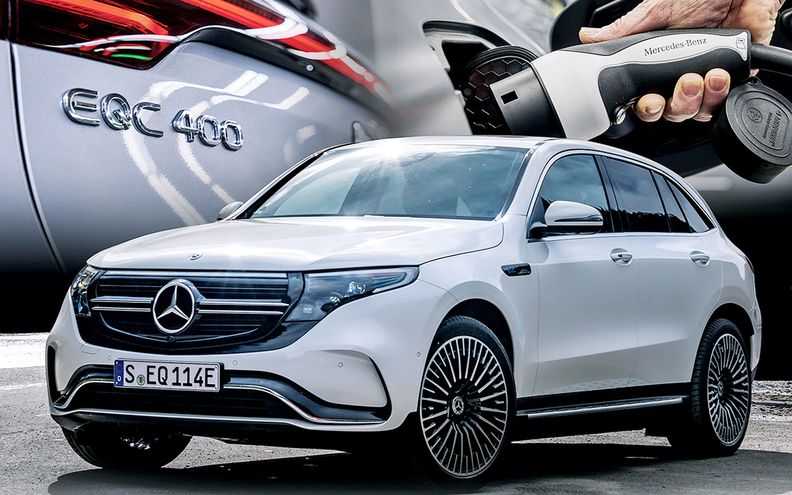


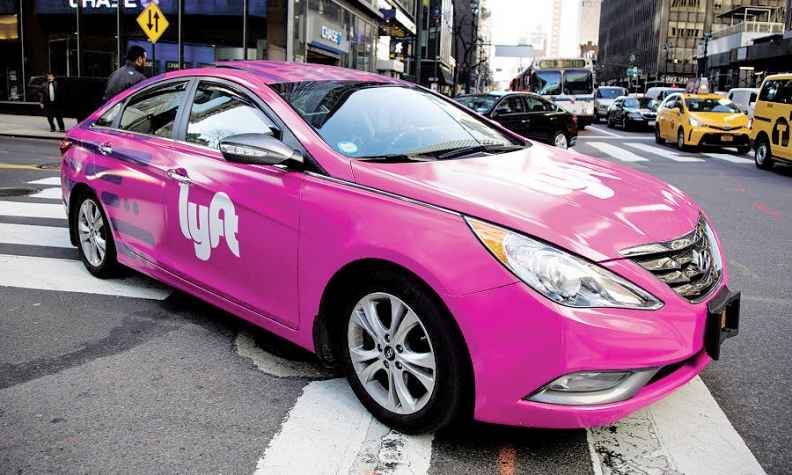
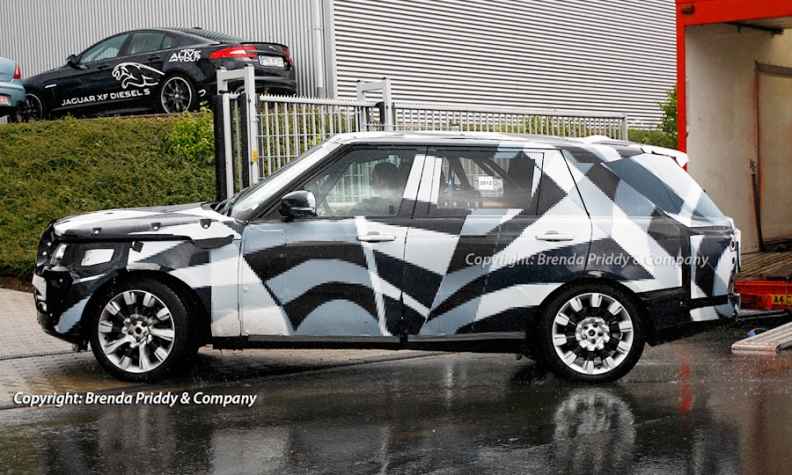
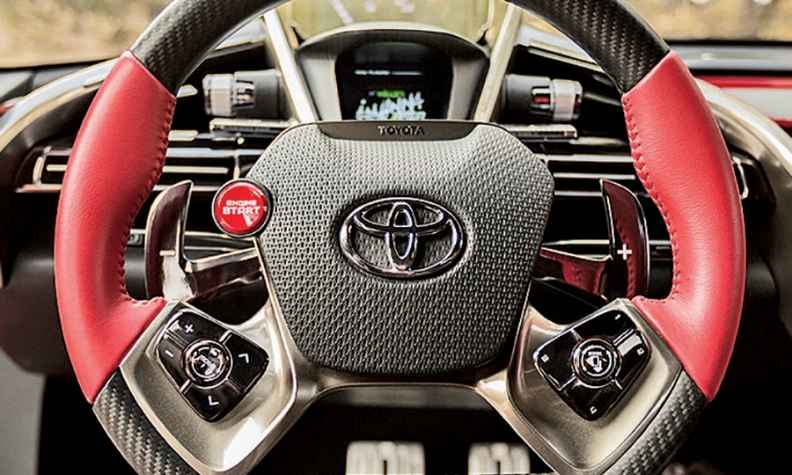
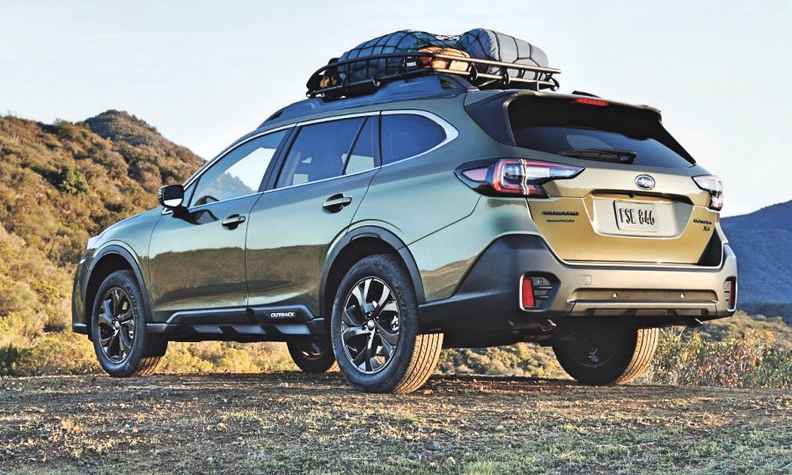
Post your comment